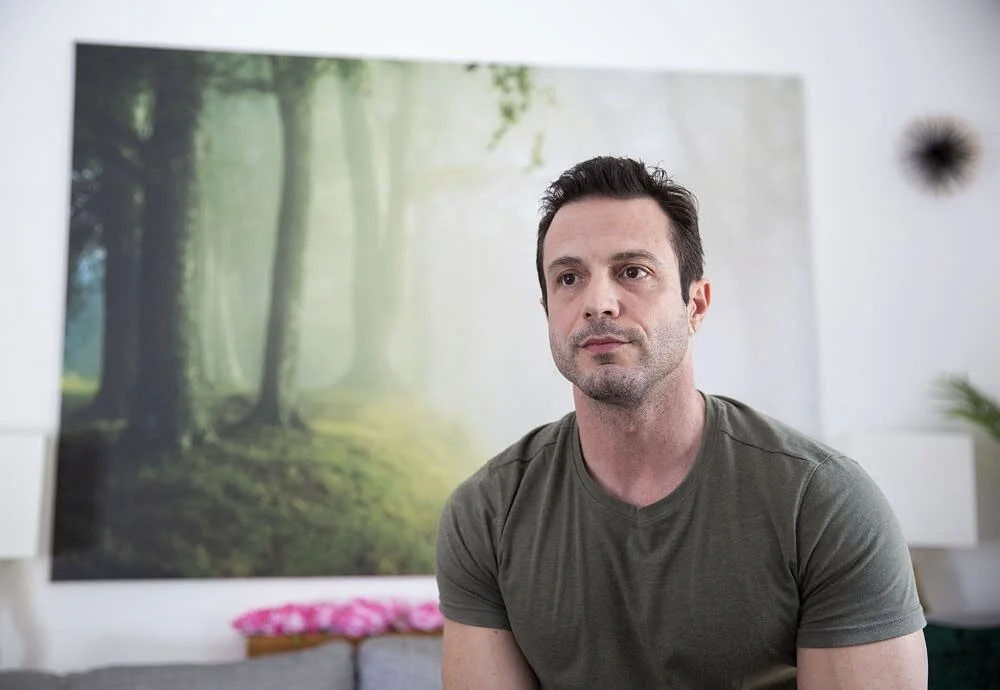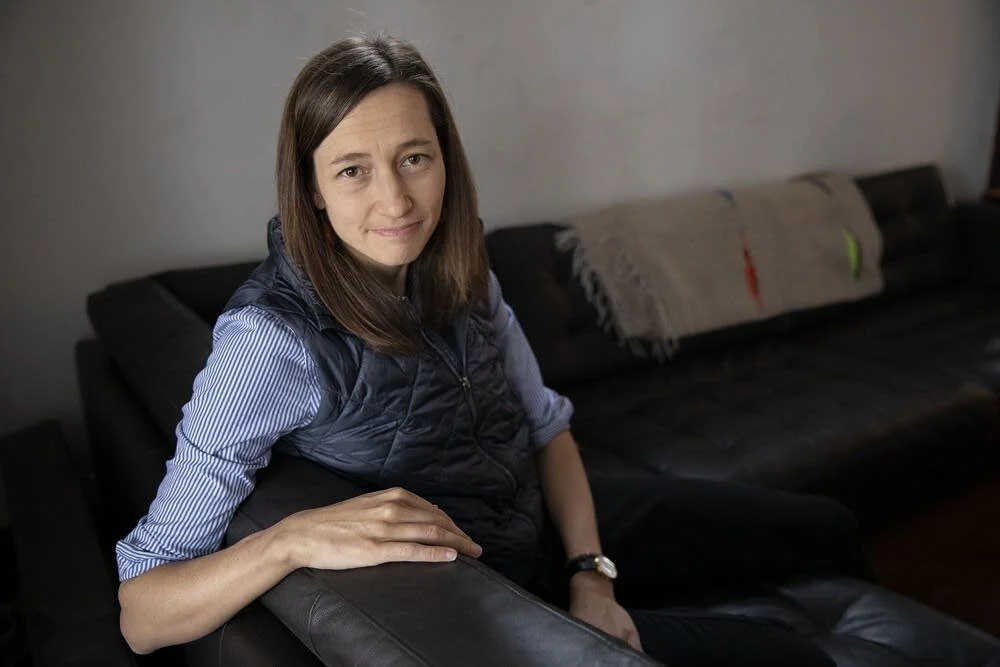One cooperative that insures cities across the state recently raised premiums by 9 percent.
Read MoreSome contend the contracts harm patients and worsen the provider shortage, but hospitals say they keep the costs of health care down.
Read MorePatients in need of inpatient psychiatric care are waiting days to be transferred to beds far from home.
Read MoreThe nation’s shortage of psychiatrists is especially acute in remote areas, leaving many people without access to the care they need
Read MoreMPR News mental health reporter Alisa Roth spent 2019 in prisons, medical offices and in the homes of families to report on some of the most compelling mental health stories in Minnesota this year. She joined the program to talk about those stories and share what she wants to focus on in 2020.
Read MoreOne year ago, Keaton Larson was in crisis. He was shot by a police officer who came to help
Read MoreEuthanizing animals, dealing with angry pet owners and struggling to pay off student loans add up to a lot of stress. Some vet schools are offering their students support.
Read MoreMinneapolis and St. Paul are proposing new city ordinances that would ban gay conversion therapy, the controversial treatment designed to change people’s sexual orientation or sexual identity.
Read MoreA close call in one Minneapolis family illustrates the challenge of keeping guns away from people who shouldn’t have one
Read MoreWhen someone is experiencing a mental health crisis, often the only alternatives are jail or an emergency room. Neither of those alternatives is particularly helpful, and sometimes they can make a person’s condition worse. Nationwide, cities and counties are searching for cheaper and more therapeutic options.
Read MoreSay a person in psychological distress wants to die. So, he threatens the police, often by waving a knife or gun. (As with more generic forms of suicide, most cases involve men.) Then the officers are “forced” to kill him — to protect themselves and others. The scenario is often said to be suicide by cop. It’s generally agreed that some fatal police shootings are suicide by cop. The question is, which ones?
Read MoreFor a long time, the address 1800 Chicago in Minneapolis has been synonymous with detox. As in, end-of-the-road, hit-rock-bottom detox. Now Hennepin County is turning the facility into a one-stop shop for services ranging from detox to mental health care to help signing up for low-income housing. It’s designed to keep people with mental health and substance use problems out of jail and hospitals.
Read MoreAs more and more people in prison need mental health care, more and more prison systems are turning to telepsychiatry. It’s basically a video psychiatry appointment, a doctor’s visit via Skype or FaceTime.
Read MoreEvery year, between 300 and 400 doctors kill themselves — about one a day. That's about twice the rate of the general population and the highest of any profession. Doctors also have high rates of burnout, depression and substance use.
Read MoreUnitedHealth Group is rejecting some demands of the plaintiffs in a class-action lawsuit accusing the company of being too stingy in its coverage of mental health care.
Read MorePeople in jails and prisons are much more likely than the general public to have a mental illness, and the prevalence among incarcerated women is especially high. Minnesota's corrections commissioner, Paul Schnell, has said dealing with mental illness in the system is a priority for the new administration.
Read MoreThe people who run the residency program at the hospital know that the numbers are lopsided and alarming: In Minnesota, more than a million people are under the age of 18, but there are only 140 child psychiatrists practicing in the state. And there's clearly a need. There's a 1 in 5 chance that kids will develop depression sometime between middle and high school and a 1 in 6 chance they'll develop serious anxiety.
Read MoreMPR's mental health reporter Alisa Roth gives the keynote address at a Hamline University conference on the "Criminalization of Mental Illness."
Read MoreNearly two-thirds of Minnesota's homeless population has a mental illness, according to a new study from the Wilder Foundation. The results are based on a survey of nearly 4,300 people experiencing homelessness.
Read MoreIn February, a federal judge in California ruled the Minnetonka-based health insurer denied claims for behavioral health care based on overly restrictive guidelines that put profit over patients. Now, in a proposed remedy, the plaintiffs' attorneys want UnitedHealth to adopt new guidelines and take another look.
Read More

















